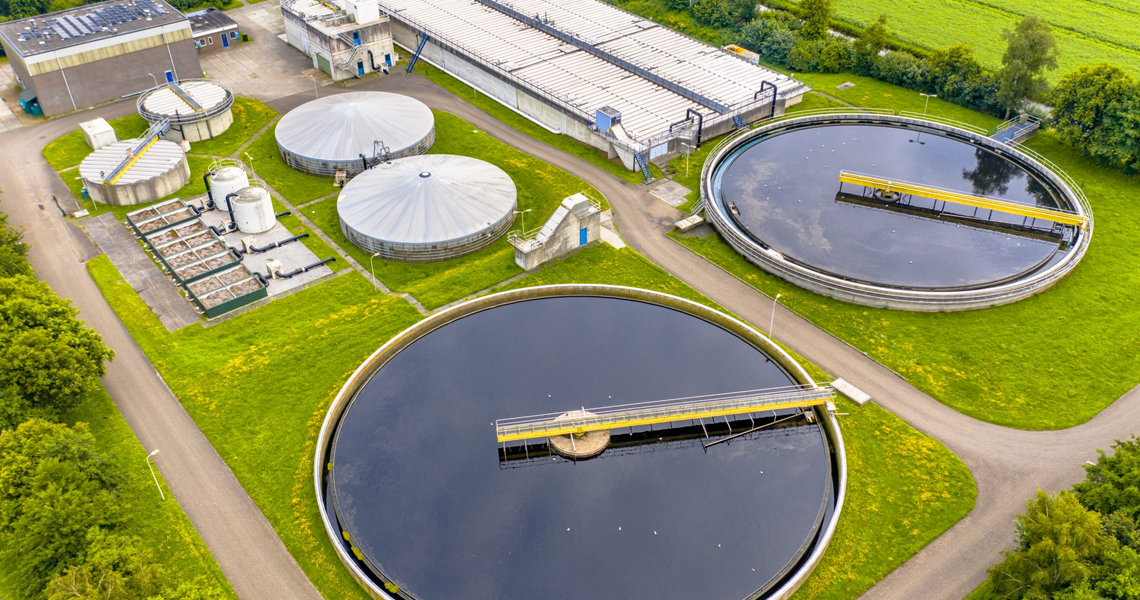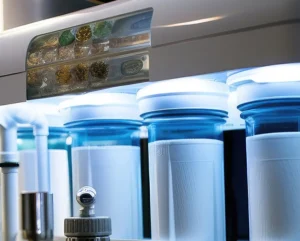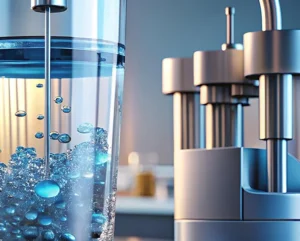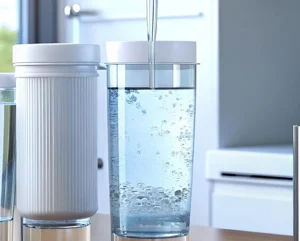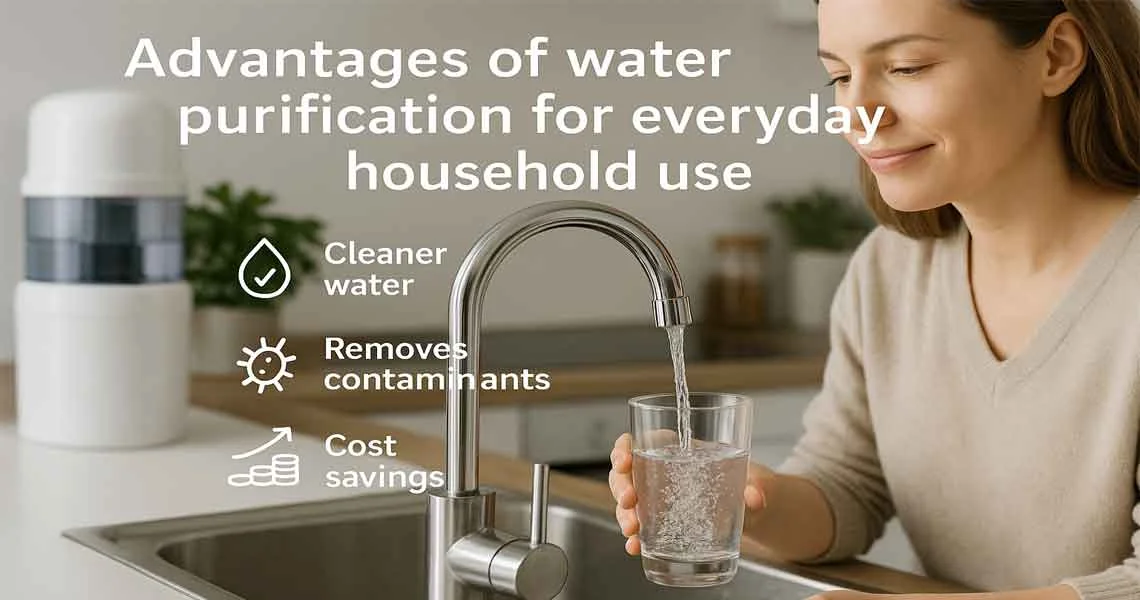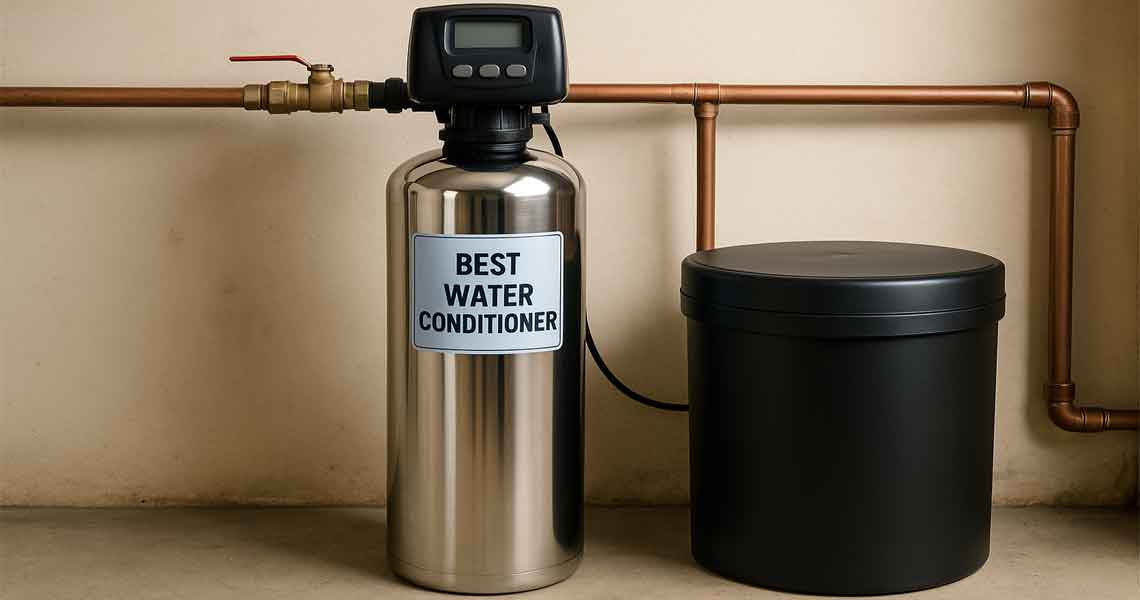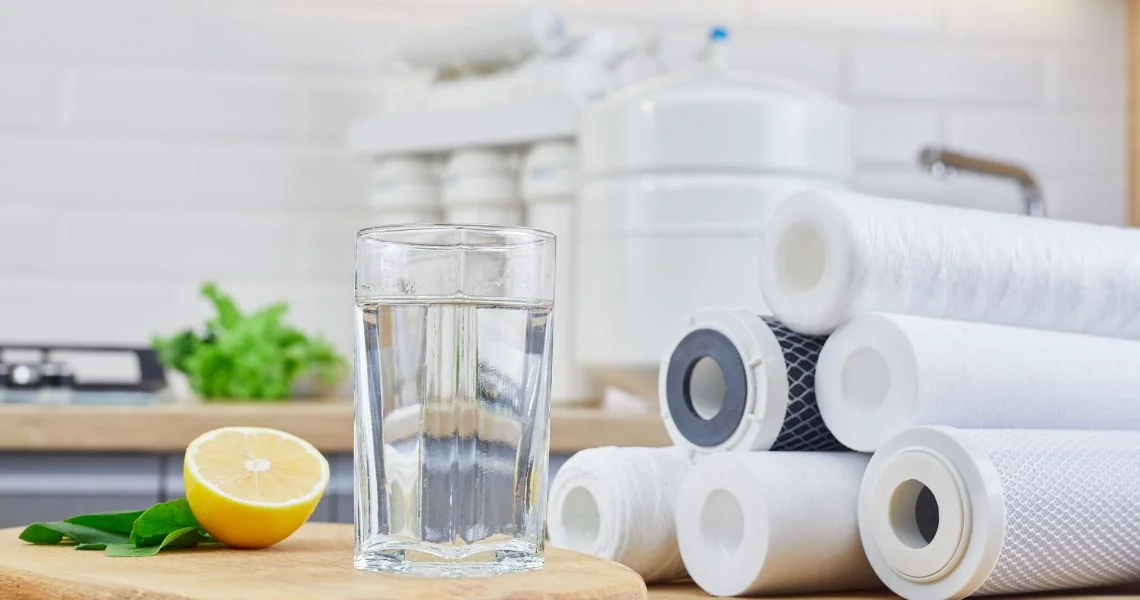What is Water Filtration?
Natural Water Filtration
However, natural water filtration can be insufficient for such an approach here and now. Water sources such as the rivers and lakes used today can also be polluted by industrial products, agricultural chemicals and even bacteria. This is where man-made methods such as water filtration come into operation.
Water Filtration Methods
Water filtration can be done in several ways with advantages and disadvantages. However, water filtration problems may arise depending on the method used, such as clogging in mechanical filters or excessive water waste in reverse osmosis systems. Here’s a look at some of the most common ones:
- Mechanical Filtration: This method involves using a physical barrier, such as a mesh filter or a ceramic filter, to capture particles such as sand, dirt and sediment. It is just a solution that sounds quite cliché, yet it enhances water clarity.
- Chemical Filtration: In this method, filter media, often activated carbon, is used to absorb impurities through an adsorption process. Activated carbon also has a large surface area, which gives it a tendency to absorb chemicals such as chlorine, lead, and mercury.
- Reverse Osmosis (RO): This method uses a slightly permeable membrane to let water pass through for filtration but not large particles like dissolved salts and minerals. Reverse Osmosis systems are very efficient in eliminating various contaminants, but they also discard a lot of water.
- Distillation: This method involves heating water and passing the steam through cooling tubes to condense the liquid. This process eliminates most pollutants, including bacteria and viruses, but it also requires a large amount of energy.
- Ultraviolet (UV) Disinfection: This method uses UV light to eliminate bacterial or viral contaminants in raw water. Quite simply, it is one of the most efficient and rapid methods of killing bacteria, but it doesn’t remove particulate matter.
The Process of Water Filtration
- Pre-filtration: This stage can also require practices such as skimming to clear large debris such as leaves and twigs before the water gets to the primary filter.
- Main Filtration: The water is then filtered through the primary filter media, through which the biggest proportion of contaminants is filtered. This can include the application of mechanical filters and chemical filtration processes.
- Post-filtration: Sometimes, more filtration stages can be added to eliminate possible impurities or enhance the water’s taste.
Choosing the Right Water Filtration System
The best whole home water purification system should consider several factors, including your water source, the specific contaminants you need to remove, and your budget. A well-chosen system ensures consistent access to clean, safe water.
- Your water source: If you use well water, you may require a different filter than an individual who uses treated water.
- The contaminants you want to remove: In this particular case, you must consider the exact types of impurities you would like to get rid of—chlorine, lead, bacteria, and more.
- Your budget: Several water filtration systems, from the simple pitcher filter to the expensive whole-house RO system, are available in the market.
Understanding how to choose a water filtration system involves assessing your water quality, researching available technologies, and determining the level of filtration needed for your household or business.
Benefits of Water Filtration
- Improved taste and odour: Water purification may well eliminate chlorine and other chemicals that colour the taste and smell of water.
- Reduced health risks: Water filtration also improves health by ridding water of bacteria, lead, and mercury, among other impurities.
- Longer appliance life: Filtered water makes it easier to stop scales from forming in appliances like coffee makers and kettles.
- Reduced environmental impact: Sometimes, the simplest solution is to filter your water at home; this reduces the use of plastic water, leading to plastic waste generation.
Investing in one of the top water filtration systems can significantly improve your water’s taste and smell, reduce health risks, and extend the lifespan of your water-using appliances.
Seawater Filtration
Conclusion
Water filtration is essential as it helps make water safe for human consumption. Since there are so many options, you can select a hybrid solution that suits your usage and wallet. Water filtration has many benefits, including enhanced taste, avoidance of risks associated with drinking water, and conservation of the environment. With Wellness Water Purification, you get reliable, efficient systems designed to provide clean, safe water for your home or business.

Our Products
-
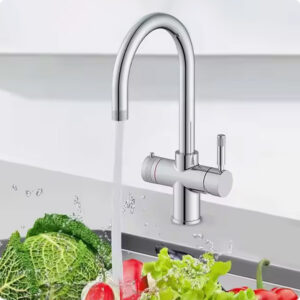 Rated 0 out of 5$1,499.00Select options This product has multiple variants. The options may be chosen on the product page
Rated 0 out of 5$1,499.00Select options This product has multiple variants. The options may be chosen on the product page
FAQs
Is a whole house water filtration system worth it?
Yes. A whole house system not only improves the taste and smell of your water but also protects your health, plumbing, and appliances. By removing harmful contaminants, it reduces long-term maintenance costs and provides peace of mind.
What is a good whole house water filtration system?
A good system is one that’s tailored to your needs. If your water has chlorine or chemical tastes, a carbon-based system is effective. If you rely on well water, adding UV or iron filters may be necessary. Always start with a water test to select the right configuration.


